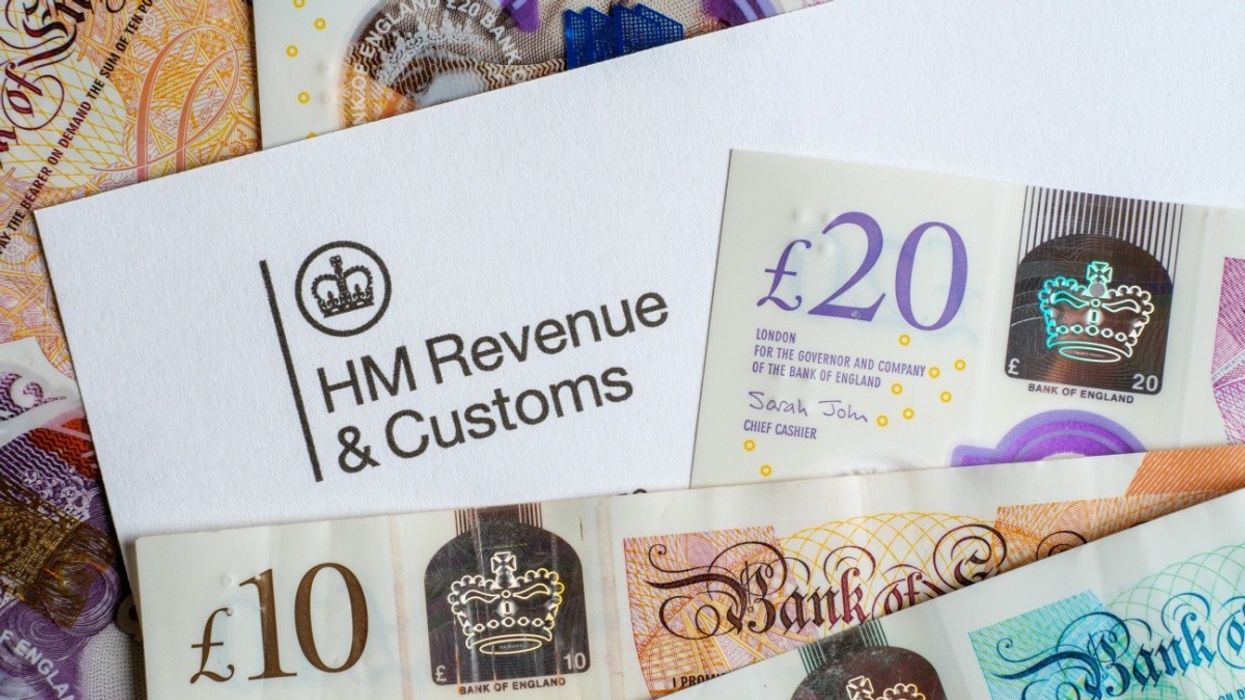When starting a business, one of the more confusing decisions you have to make is whether to voluntarily register for VAT (Value Added Tax). In the UK, businesses must register for VAT with HMRC once their taxable turnover exceeds the threshold of £90,000. However, many businesses choose to register even if they don’t meet this threshold.
While it might seem unnecessary, voluntary VAT registration actually has many benefits that can significantly benefit small and medium-sized businesses.
If you’re weighing up whether to register your business for VAT, here’s Rapid Formations, the UK’s leading company formation agent, with reasons why it may be worth it.
Boosting your business’s credibility
VAT-registered businesses are given a VAT number. This number can be displayed on invoices, letterheads, and websites, letting the world know they are VAT registered.
One of the most immediate benefits of voluntary VAT registration is the credibility it lends. It can give the impression that your business is established and credible, as it implies your turnover is high enough to require VAT registration, even if you’re not yet at that level.
This can also help you win more business. Larger companies often prefer to work with VAT-registered businesses as it simplifies their own accounting process. They may also perceive non-registered firms as less established or too risky to work with due to their lower turnover.
Reclaiming VAT on purchases
Another significant advantage of voluntary VAT registration is that it enables you to reclaim VAT on your business expenses. You can claim back VAT on everything from office supplies and equipment to professional services like accounting or marketing.
For instance, if you’re starting an accountancy service and you invest in expensive software, laptops, and office furniture, registering for VAT allows you to reclaim the VAT on these purchases. Over time, this can add up to considerable savings, especially if your business requires significant upfront investment.
Even if your business does not have many expenses, the ability to reclaim VAT can improve your cash flow and reduce your overall operating costs.
Preparing for future growth and avoiding penalties
If you have ambitions to grow your business, proactively registering for VAT before you need to is beneficial. This is because it ensures that your financial processes are already in place when your turnover increases and registration becomes required.
Voluntarily registering early can also save you from accidentally incurring a penalty. HMRC’s rules state that once your taxable turnover exceeds £90,000, you must register for VAT within 30 days. Failing to do so can result in fines and backdated VAT payments, which can financially strain a growing business.
By registering voluntarily, you avoid the stress of monitoring your turnover closely, waiting for the moment you reach the threshold. Additionally, being VAT-registered requires you to maintain accurate financial records. This level of organisation also benefits your business, as you will always have a clear picture of your financial position.
Potential drawbacks to consider
While there are many benefits to voluntary registration, it is important to be aware of the drawbacks and how they may impact your business.
The main one is that once you are registered, you’ll need to charge VAT on your sales, which means higher prices for your customers to pay (unless they are VAT-registered businesses that can reclaim it).
Additionally, if your business has low expenses, the ability to reclaim VAT might not offset the loss of business that comes from putting higher prices onto your customers.
There’s also the administrative burden to consider. VAT registration requires regular reporting and compliance with HMRC regulations, which can be complicated and time-consuming. Though it is expensive, it may be best to hire a professional accountant to ensure you get it correct.
That being said, deciding whether to register for VAT voluntarily depends on these conditions:
- Do you purchase significant amounts of goods or services with VAT that you could reclaim?
- Are your customers predominantly VAT-registered businesses that won’t be affected by VAT charges?
- Is your turnover close to the VAT threshold, making future registration inevitable?
- Would VAT registration enhance your credibility and open up new opportunities?
Voluntary VAT registration may only be worthwhile when the answer to most of these questions is “yes”.
How to register for VAT
If you decide you want to register for VAT, the application can be completed online. For support and peace of mind, turn to the company experts at Rapid Formations. They make the process easy with their affordable VAT Registration Service costing just £39.99. This includes:
- Preparation and submission of your VAT registration application to HMRC
- All of your VAT questions answered by our VAT specialists
- A VAT Registration Number
- A Certificate of VAT Registration
- Information on creating your HMRC Government Gateway account so that you can activate your VAT registration online
Once HMRC successfully processes your application, your VAT Registration Number and Certificate of VAT Registration will be posted to your principal place of business.
So, if you are a growth-oriented business and voluntarily registering for VAT can benefit you, get started today! And if you’re still unsure, you can always seek advice from a tax professional or accountant to help you make an informed decision.




